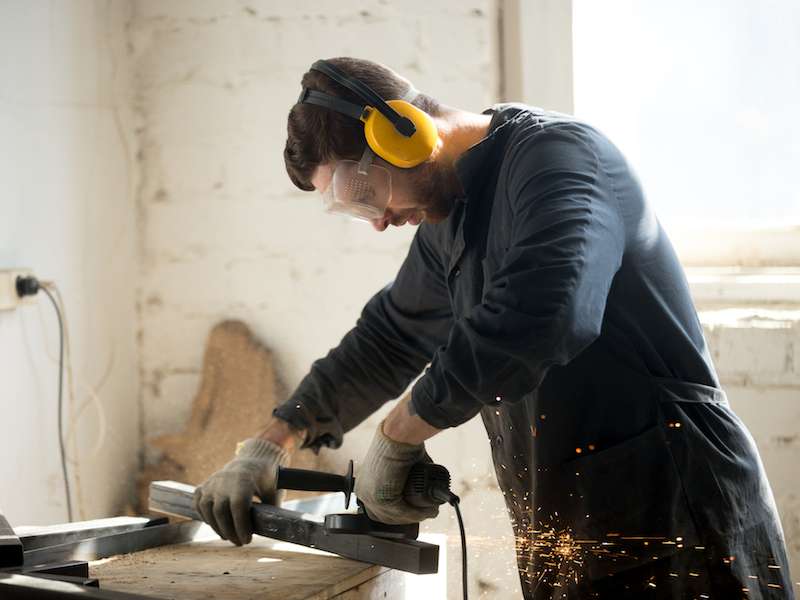
Is your hearing protection failing to protect your hearing? Look out for these three things.
Despite your best attempts, you can sometimes encounter things that can mess with your hearing protection, both at home and at work. And that can be aggravating. You’re attempting to do the right thing after all. You use your earmuffs every day at work; you use earplugs when you attend a concert; and you stay away from your raucous Uncle Joe who is constantly yelling in your ears (although, perhaps you just don’t really like Uncle Joe).
Here’s the point, when you’re doing everything right but you’re still having problems, it can be frustrating. Fortunately, you can take some steps to protect yourself once you understand what types of things can interfere with the performance of your hearing protection. And this will keep your hearing protection in a state of efficiency even when you’re experiencing a bit of trouble.
1. Using The Wrong Kind of Ear Protection
There are two useful and basic categories of ear protection: earplugs and earmuffs. Earplugs are small and, as the name indicates, can be inserted right into the ear canal. Earmuffs are like big headphones with no sound (instead, they, you know, safeguard your ears).
- When you’re in a scenario where noise is fairly constant, earplugs are suggested.
- When loud sounds are more intermittent, earmuffs are recommended.
The reasons for that are relatively simple: you’ll want to remove your hearing protection when it isn’t noisy, and that’s less difficult to do with earmuffs than earplugs. Earplugs take a little more work to put in and are easy to lose so you might find yourself needing to replace lost plugs when you need them most.
You will be fine if you use the proper protection in the appropriate scenario.
2. Your Anatomy Can Impact Your Ear Protection
Human anatomy is amazingly diverse. That’s why your vocal cords are more normal sized compared to old Uncle Joe’s larger vocal cords. It’s also why your ear canal might be smaller than the average individual’s.
And that can interfere with your hearing protection. Disposable earplugs, for instance, are made with a t-shirt mindset: small, medium, and large (even sometimes one-size-fits-all). And so if you have particularly tiny ear canals, you might have a difficult time getting those earplugs to fit, causing you to give up entirely and in frustration, throw them away..
This can leave you open to risk, undercutting the hearing protection you were trying to provide for yourself. Another example of this is individuals with large ears who frequently have a difficult time getting earmuffs to fit comfortably. If you’re in a noisy setting regularly, it might be worth investing in custom ear protection personalized to your ears.
3. Assess if There’s Any Wear And Tear on Your Hearing Protection
If you’re using your hearing protection daily, you should give yourself a pat on the back. But that also means you need to keep an eye on the wear and tear your ear protection is experiencing.
- Your hearing protection should be kept clean. Ears aren’t exactly the cleanest part of your body (ear wax serves a good purpose and all, but it’s still kind of… gross). Be certain you clean your hearing protection thoroughly by taking them apart before you cleanse them. Be careful not to drop your earplugs into the drain.
- If you use earmuffs, check the band. The band will need to be replaced if the elastic is worn out and no longer holds the earmuffs tight.
- Replace cushions on earmuffs from time to time (typically, when those cushions aren’t pliable, they’re ready for the heave-ho).
If you want to get optimum benefit, you need to perform routine maintenance on your hearing protection. If you have any questions or how to do that, or how to make sure you’re ready for things that can mess with your hearing protection, it’s a smart idea to have a candid discussion with a highly qualified hearing professional.
Your hearing is vital. It’s worth taking the time to protect it right.